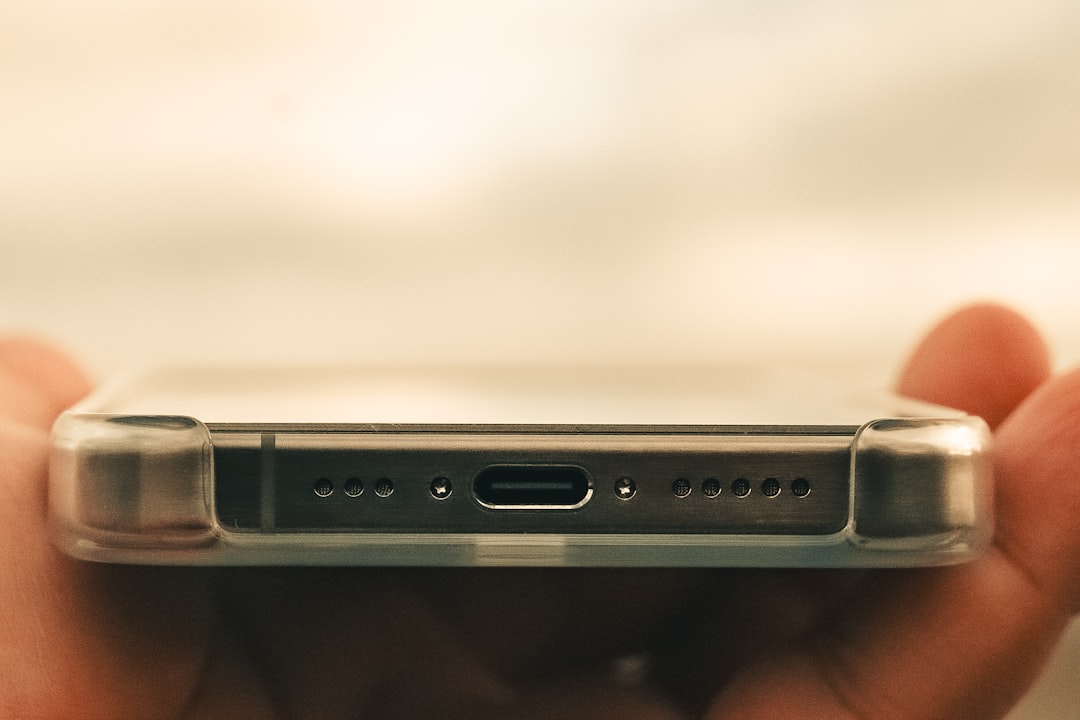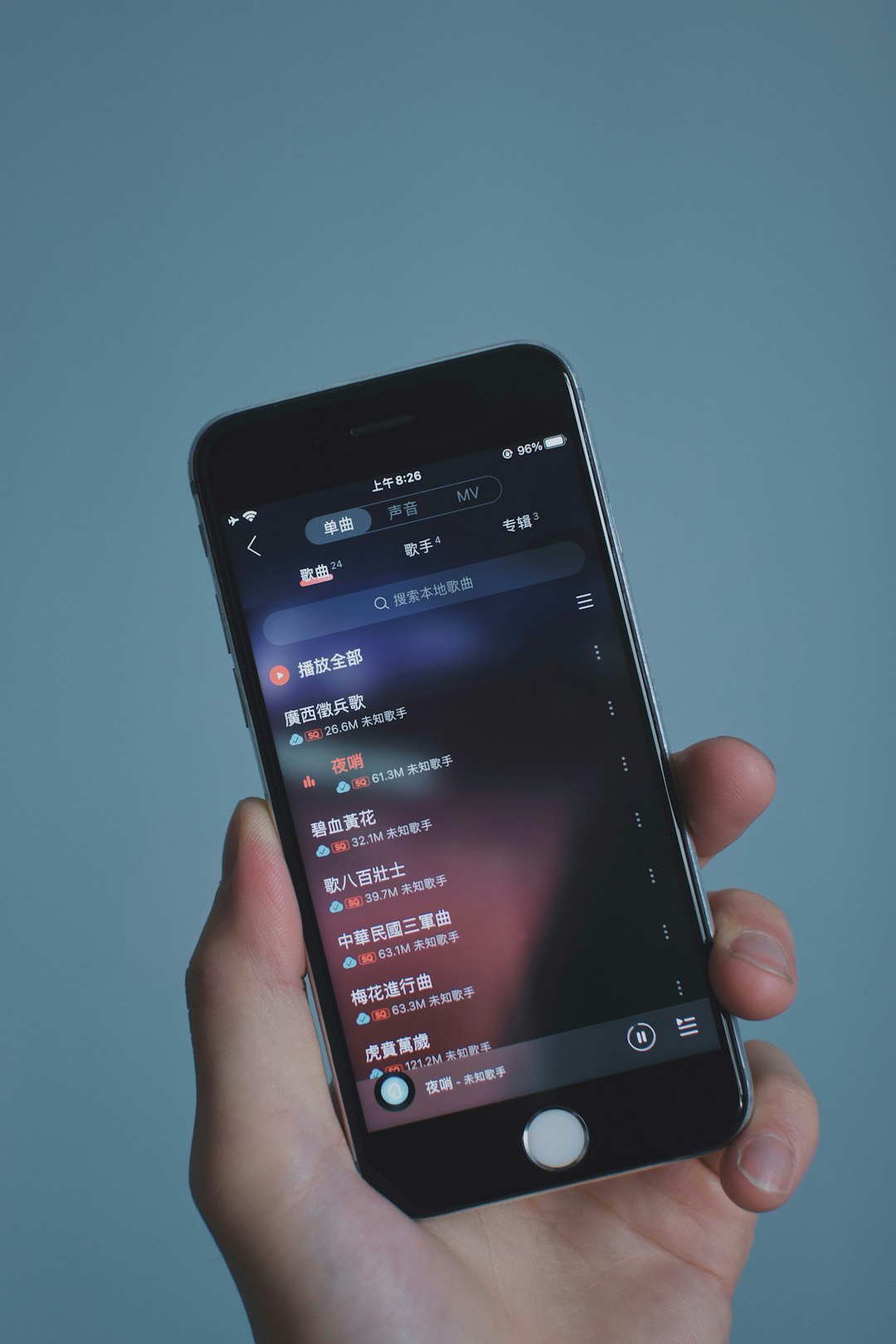In the modern world of increased digital connectivity, the need for online privacy and security has never been more critical. One of the most effective tools for achieving this is a VPN, or Virtual Private Network. Individuals and businesses alike use VPNs to protect sensitive information, maintain online anonymity, and securely access restricted content. A frequently asked question surrounding VPN usage is: Can a VPN be used on multiple devices? The answer is a resounding yes—but with a few essential considerations.
Why Use a VPN on Multiple Devices?
Today’s average internet user owns more than one device. Smartphones, laptops, tablets, and smart TVs are all vulnerable to cyber threats. Using a VPN on a single device protects just a fraction of your digital footprint. Here’s why extending VPN coverage makes sense:
- Consistent Privacy: Ensure that your online activity remains private across all platforms.
- Enhanced Security: Prevent cyberattacks and data breaches on every connected device.
- Unified Access: Gain access to geo-restricted content on all devices, whether traveling or at home.
- Added Convenience: Manage security settings centrally, especially in family or small business environments.
Given these benefits, having a VPN that covers multiple devices is not just a convenience—it’s a necessity.
How Many Devices Can You Use with One VPN Subscription?
This depends on the provider. Most top-tier VPN services allow simultaneous connections on multiple devices under a single subscription. The number can vary:
- 3–5 Devices: Common with budget or entry-level VPN services.
- 6–10 Devices: Available on standard plans from reputable providers.
- Unlimited Devices: Some VPNs now offer no cap on simultaneous connections, ideal for families or power users.
It’s advisable to review the provider’s policy carefully, especially the terms regarding “unlimited” usage, which may come with fair-use caps or performance limitations.
Types of Devices You Can Secure
VPNs are now compatible with a wide range of devices. Most providers offer apps or manual configuration options for the following:
- Windows and macOS computers
- iOS and Android smartphones and tablets
- Smart TVs and streaming devices like Roku or Amazon Fire Stick
- Game consoles including Xbox and PlayStation (via router configuration)
- Routers and home networks

By installing the VPN directly on your router, every device connected to your home network gains VPN protection. This is especially useful if your provider limits the number of direct device connections.
Managing VPNs Across Multiple Devices
With coverage on numerous devices, management becomes an important factor. Most premium providers offer:
- Centralized Dashboards: View and control connected devices from a user portal.
- Customizable Profiles: Tailor VPN settings per device, such as server selection or kill switches.
- User Account Controls: Manage family members’ or employees’ VPN activity.
These features improve usability and help maintain optimal security performance across your device ecosystem.
Should You Use the Same VPN on All Devices?
Using the same VPN provider across all devices ensures compatibility, simplifies management, and maintains uniform security standards. Here’s why:
- Seamless Experience: Sync settings and preferences across all devices.
- Unified Billing: Pay once for all device protection.
- Less Technical Overhead: Avoid the complexities of juggling multiple providers or subscriptions.

However, you should ensure the VPN app performs well across different operating systems and form factors, such as phones versus desktops.
Security, Compliance, and Best Practices
When using a VPN on multiple devices, it’s critical to:
- Use strong passwords to secure accounts and devices.
- Keep apps updated to minimize security vulnerabilities.
- Choose a no-log policy VPN to ensure privacy is not compromised.
- Enable features like kill switch and DNS leak protection for robust coverage.
Following these guidelines ensures your multi-device VPN usage remains secure and effective.
Conclusion
Yes, you can absolutely use a VPN on multiple devices. In fact, doing so is one of the smartest ways to maintain consistent online privacy and security across your entire digital life. As devices continue to proliferate in both personal and professional settings, choosing a reliable VPN provider that supports multi-device usage is not just valuable—it’s essential. Just make sure to understand your subscription limits, configure devices properly, and follow best practices for maximum protection.